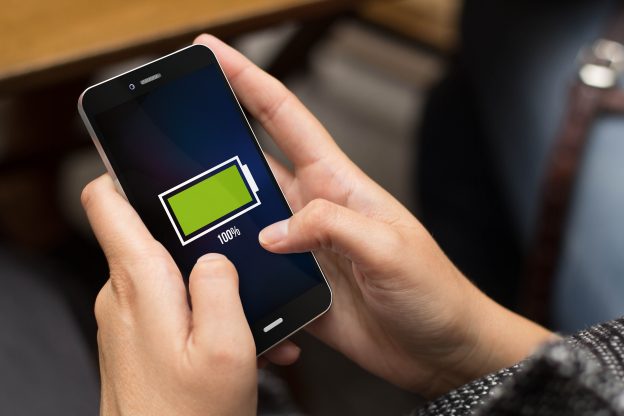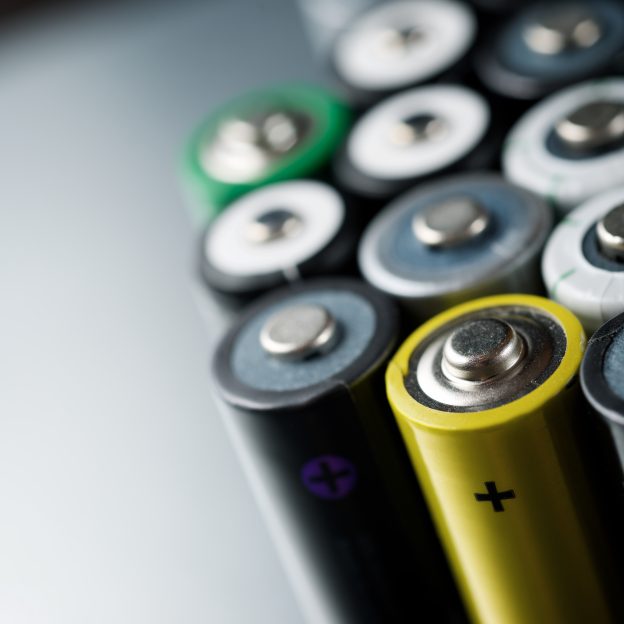The energy crisis has resurfaced in Europe due to shortages in natural gas, interruption in nuclear power, reduction in wind power generation, and cold weather, as well as the exacerbated tension between European countries and the natural gas supplying country Russia. The transaction markets of natural gas in the Netherlands and the UK have attained new records at around sevenfold to that of early 2021. According to analysts, the electricity tariffs in Europe are bound to sway alongside Mother Nature in the future.
The natural gas inventory of Europe had exhausted over the prolonged winter last year, and several European power companies were forced to reinitiate coal-fired power plants to avoid grid interruption. For instance, Electricity of France has suspended four nuclear generators, which account for 10% of the nuclear capacity, due to maintenance purposes, and 30% of the country’s nuclear capacity will be temporarily halted for the next several weeks. Under the aggravation of the energy crisis over the past few days, France, who is usually the exporting country of power, is now forced to increase imports for the preparation of the imminent cold weather, and is even considering to reinitiate coal-fired power plants. It is evident just how severe the power shortage is seeing how France has to import energy from other countries while burning fossil fuels.
Germany will also be deprived of roughly 50% of nuclear power next year. The worse-than-expected weather there has reduced the power generation volume of thousands of wind turbines to the lowest point over five weeks, while the confined status of the grid has yielded an increase of 30% in the country’s electricity tariff to a record-breaking EU€431.98/GWh.
There is no room for optimism in the accelerating energy crisis in Europe, and the main reason comes from the dissatisfaction of Russia, who occupies 1/3 of the total natural gas provision in Europe. According to the client report composed by the analysts at Deutsche Bank, major Russian natural gas suppliers have not reserved any additional capacity for natural gas that flows through Ukraine, which is an apparent warning.
Now, Germany and Russia are ready to initiate a new natural gas pipeline Nord Stream 2, though the former has stated that the pipeline will not be approved for activation before the first half of 2022, which not only affects Germany’s self-power supply, but also creates detrimental ramifications for other European countries. In addition, this new pipeline will also deepen Europe’s dependency on natural gas from Russia, which is regarded by Ukraine as a geopolitical weapon, and will be the first to bear the brunt from Russia’s invasion of Ukraine.
Another planned pipeline is the Baltic Sea pipeline, which doubles the supply of Russia’s affordable natural gas. Germany hopes that this pipeline is able to help the country with the transition of coal-fired and nuclear power, though the EU€10 billion program has been constantly postponed, which generated fierce criticisms from Poland and the US.
Analysts at Deutsche Bank project that natural gas prices of Europe will ascend to a new record in the future, and a surge in energy cost will undoubtedly lead to an aggravated inflation. Experts at the Center on Global Energy Policy of Columbia University commented that both getting full and staying warm are essential, and these two basic needs are currently under threat.
Despite US liquefied natural gas tankers currently heading to Europe to provide temporal alleviation, the market is pessimistic towards the arrival of winter as Germany permanently shuts down the last nuclear power plant in the country, and as France overhauls its nuclear power plants, amidst the lowest wind output since November and a natural gas flow that is almost halted in Russia. Coal-fired power generation seems to be the last resort for Europe.
(Cover photo source: pixabay)







